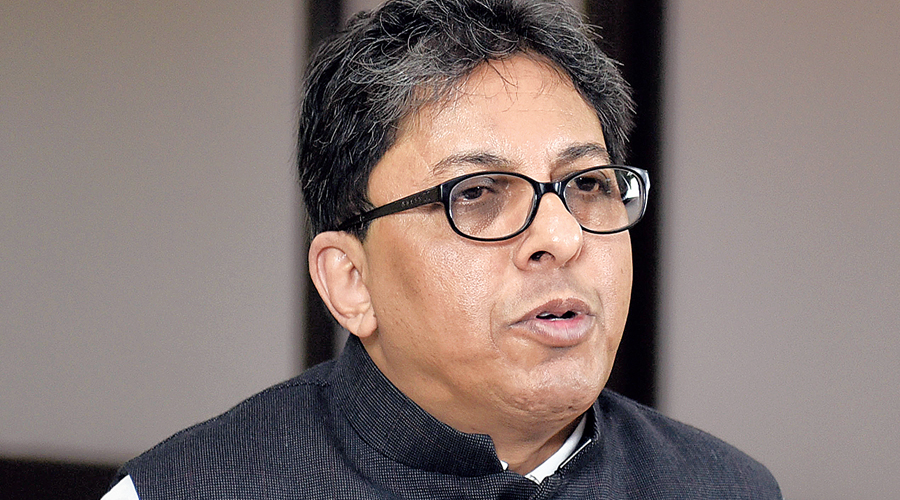Public funds are inadequate for the conservation of heritage buildings, West Bengal Heritage Commission chairman Alapan Bandyopadhyay said on Thursday.
Heritage properties can be conserved only through a business collaboration between heritage and hospitality through public private participation.
A government policy to facilitate this will be developed by the state tourism department.
"The exchequer is overburdened. Public funding is scarce for heritage projects," Bandyopadhyay said at a programme to mark World Heritage Day (April 18).
“What the government can do is make available its expertise and guidelines but the initiative has to come from private enterprises,” Alapan Bandyopadhyay said.
Talking about built heritage, which is the commission’s focus this year, the chief adviser to the Bengal chief minister and former state chief secretary said: "Built heritage in the state is the legacy of old aristocratic relics that need to be preserved. That can be done through entrepreneurship that brings together heritage with hospitality.”
The commission showcased several such private initiatives in Bengal, including Bari Kothi in Azimgunj, Itachuna Rajbari, the Serampore Initiative and others where old palaces have been restored and converted into heritage hotels. “These are some interesting success stories where such private initiatives have been fruitful in creating a profitable business case while conserving heritage,” said Bandyopadhyay.
Speaking on the occasion, entrepreneur Harsh Neotia, whose Swabhumi Rajkutir is an example of adaptive reuse of an old colonial house, said: “Heritage is a way of exploring the old times and trying and living a slice of life as it used to be. While there are two categories of heritage buildings, one of archaeological value like monuments which are completely under the public domain, private old buildings can be restored through adaptive reuse and hospitality is the most appropriate form of using such preserved buildings.”
